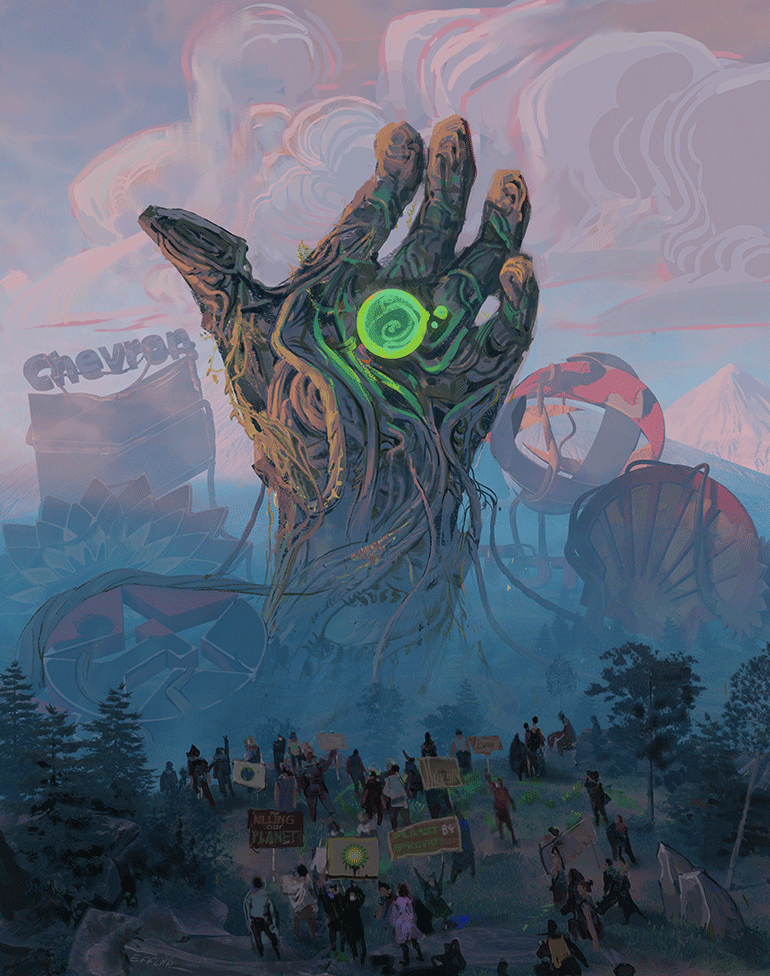3.9 million euros for a greener European gaming industry

An international group of researchers aims to help make the gaming industry cleaner and greener and support the potential of the game industry to change players’ hearts and minds. The Horizon Europe funded project Sustainable Transition for Europe’s Game Industries (STRATEGIES) will assist Europe’s game development industries in making vital changes to their business and production practices as well as their role within sustainable societal transformation. The project will be coordinated by Utrecht University (UU), with scientific leadership from Manchester Metropolitan University (MMU).
Contributing to European Green Deal
In Europe, 53 per cent of people between the ages of 6 and 64 play video games. The European board and video gaming industry is consequently estimated to be worth over 27.2 billion euros, while providing employment for 98,000 people. Yet at the same time, the industry is responsible for massive emissions: according to current estimations, games development alone already creates more than 5 million tonnes of CO2 per year. To support the games industry in meeting the European Green Deal, a set of policy initiatives to help the European Union make the green transition, STRATEGIES is awarded a Horizon grant of 3.9 million euros.

Raising awareness through eco gaming
Utrecht University brings to the STRATEGIES consortium expertise from the Center for Game Research, with researchers Stefan Werning and Joost Raessens in the Department of Media and Culture Studies providing guidance on game design for sustainability and the development of an industry-oriented ecogame MOOC. Joost Vervoort at the Copernicus Institute for Sustainable Development will lead on the development of policy to support the industries to become drivers of a just social climate transition.
The focus of STRATEGIES will be two-fold, Joost Raessens, professor of Media Theory at Utrecht University and project coordinator explains. “The first aspect involves reducing the ecological impact and harm of game development, distribution, and consumption, for example by reducing greenhouse gas emissions. The second aspect centres on supporting game developers in using ecogames to engage diverse audiences with the climate crisis and sustainable futures.”
International collaboration
The project will draw on expertise from researchers across six universities, and strong partnerships with NGO’s and game companies, says STRATEGIES scientific lead Paul Wake from Manchester Metropolitan University. “We’re thrilled to be working with such a vibrant group of researchers and industry professionals. We’re looking forward to getting started and seeing the impact of our work, which will ultimately lead to a greener game industry that is better adapted to the challenges of climate change.”
Collaboration between science and game industry
More information on ecogames can be found in the recently published open access book Ecogames: Playful Perspectives on the Climate Crisis.
Besides UU and MMU, the STRATEGIES consortium comprises TH Köln - University of Applied Sciences, Aalborg University, University of Warsaw, University of Malta, catalyst for the video game ecosystem SpielFabrique, industry incubator Dutch Game Garden, game developer Goat Gamez, indie game studio Charles Games, board game development studio Mighty Boards, non-profit association for the Finnish games industry Neogames, climate action and innovation network Possible, as well as tool developers Charisma Entertainment and Plasticity Studios.


